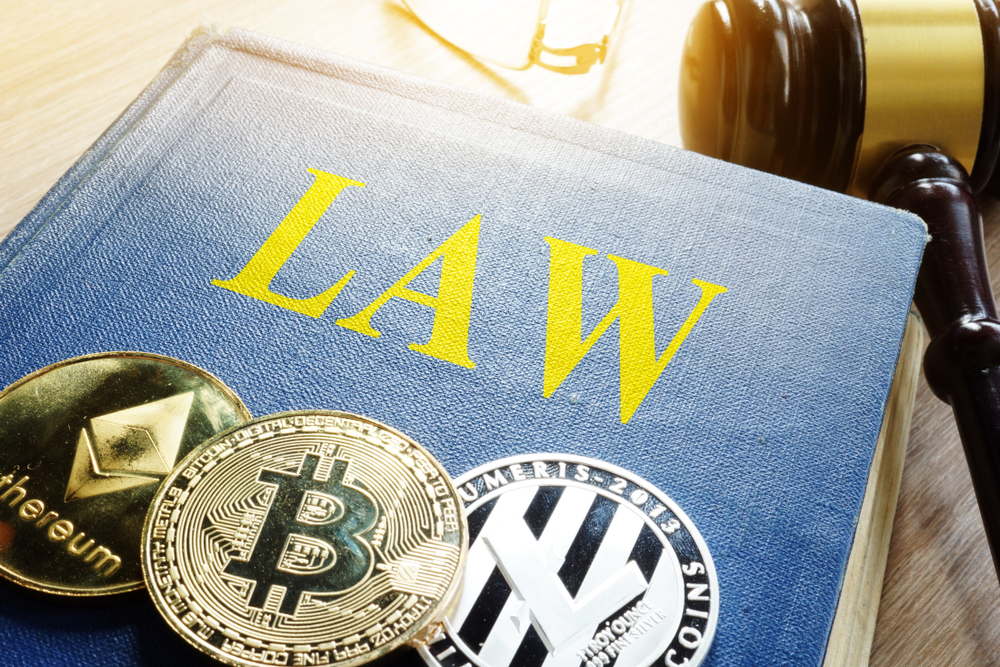Despite its nascent years, the crypto banking sector has suffered much skepticism, with many states and countries outright banning crypto-related activities. Nevertheless, the industry continues to grow, with institutions and banks beginning to recognize the potential of digital assets.
Consequently, the Basel Committee on Banking Supervision (BCBS) proposed the “Crypto Banking Rules” to regulate and protect consumers last year. The new rules were meant to discourage banks from holding crypto assets such as Bitcoin and other digital coins while requiring banks to have more capital when they keep such assets.
However, the crypto community has criticized and hotly debated the proposed rules. Many argue that they are too restrictive and would stifle innovation in the crypto-banking sector.
Hence, the Chairman of BCBS (Pablo Hernández de Cos) has suggested that the rules could undergo modifications if the market reacts positively.
Basel Committee Chair Announces Potential Reworking of International Crypto Regulations
Hernández de Cos explained that international standards limiting the number of crypto assets banks could possess might be reworked provided there is a strong reaction from the market. According to him, these new capital regulations that designate unbacked crypto assets like Bitcoin as the most hazardous class of asset should be in force within the next two years.
In December, the Basel Committee finalized its rules regarding banks’ crypto holdings, even though traditional financial firms expressed concern that the guidelines could impede the advancement of distributed ledger technology.
However, a Spanish central banker argued that these regulations are adjustable if they harm the finance industry. Hernández de Cos explained that it is necessary to understand that the market is in flux.
Hence, “we should concentrate on certain components that might be significantly influenced by market variations. We should be equipped to alter the standard if needed, to accommodate the potential internal reaction of the market.”
Hernández de Cos stated that the committee would keep track of the enforcement of the regulations. Significant territories on the committee are expected to put them into effect in almost two years.
He added that Legislators in specific areas like the EU have already taken steps to do so.
Preventing Potential Dangers
According to Hernández de Cos, the regulations were necessary to “circumvent” the potential danger that crypto markets might have on other financial systems. He added, “there might be a chance that crypto could impact the banking sector.”
His comments are a welcome relief to the crypto-banking sector, which has long been subject to regulatory uncertainty. It remains to be seen how the market will react to the BCBS’s comments and whether or not the rules will undergo some revisions.
Nevertheless, the fact that BCBS is open to changing the rules is encouraging news for the crypto banking sector. It could lead to more banks offering services related to digital assets.
